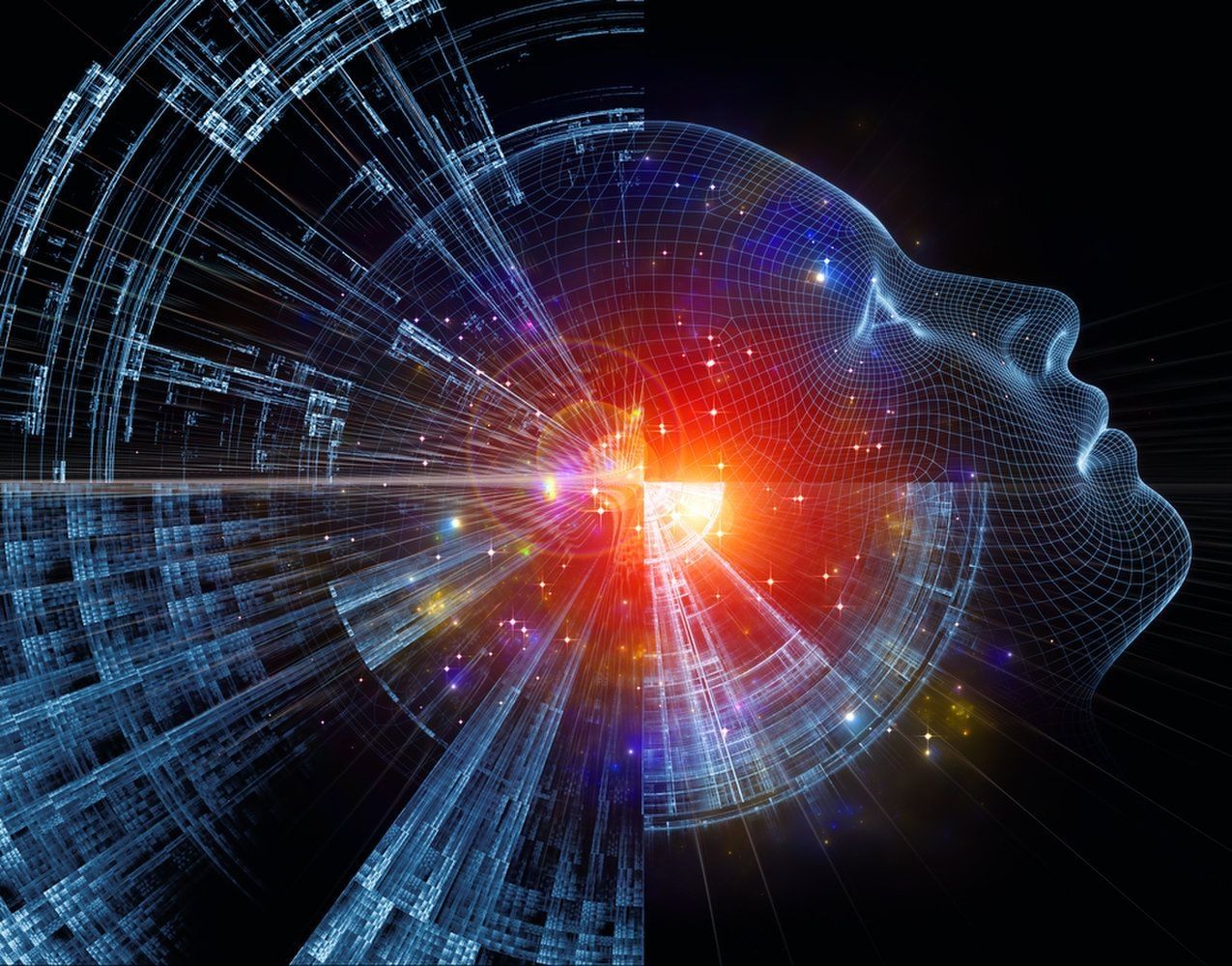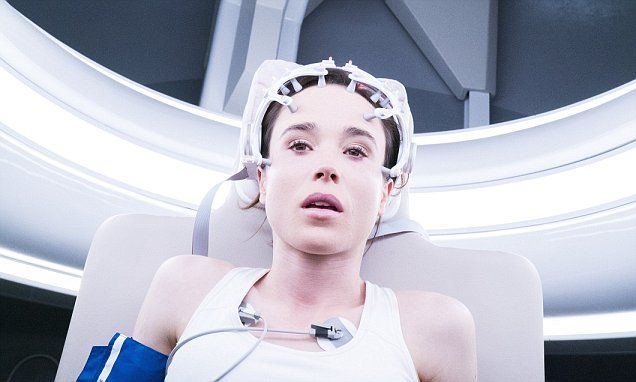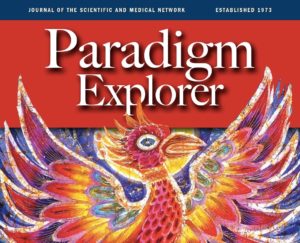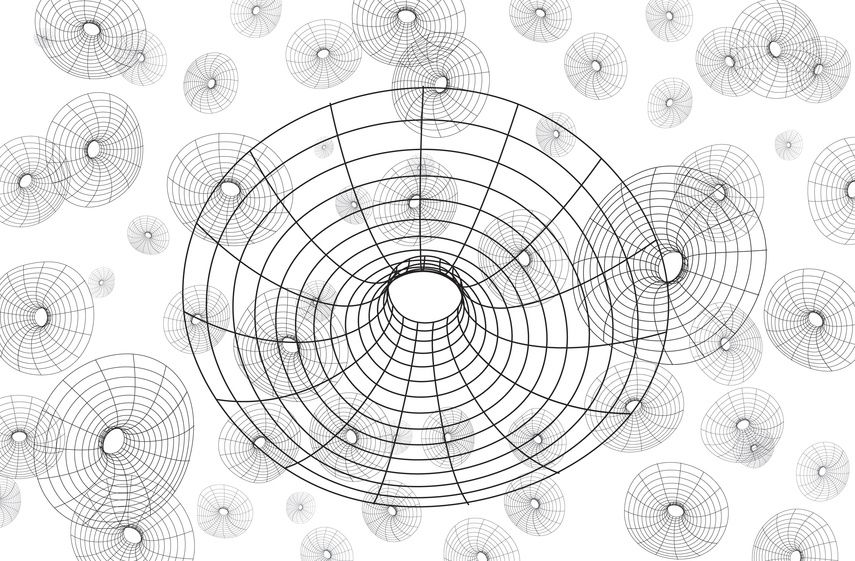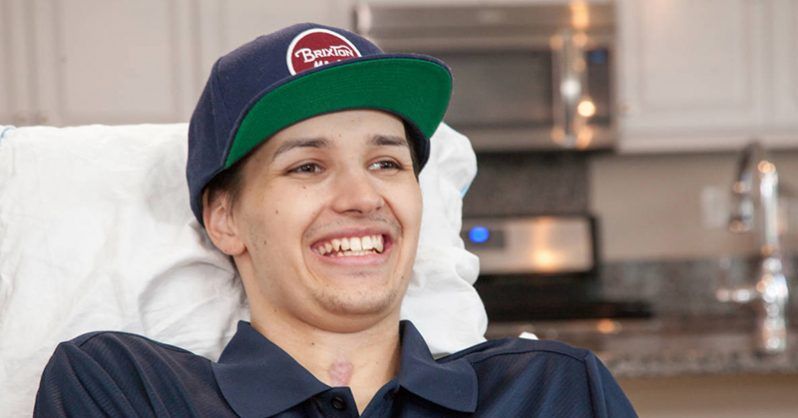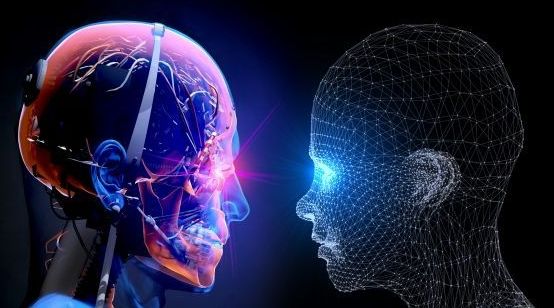Search results for 'a lifeboat for consciousness': Page 99
Oct 19, 2017
When you die you KNOW you’re dead: The mind still works say scientists
Posted by Dan Kummer in categories: entertainment, neuroscience
A person’s consciousness continues to work after the body has died, a study from New York University Langone School of Medicine finds. The findings echo the new Hollywood film Flatliners.
Oct 12, 2017
Contrasting Human Futures: Technotopian or Human-Centred?*
Posted by Jennifer Gidley in categories: complex systems, cyborgs, education, homo sapiens, human trajectories, philosophy, posthumanism, robotics/AI, singularity, Singularity University, transhumanism
[*This article was first published in the September 2017 issue of Paradigm Explorer: The Journal of the Scientific and Medical Network (Established 1973). The article was drawn from the author’s original work in her book: The Future: A Very Short Introduction (Oxford University Press, 2017), especially from Chapters 4 & 5.]
We are at a critical point today in research into human futures. Two divergent streams show up in the human futures conversations. Which direction we choose will also decide the fate of earth futures in the sense of Earth’s dual role as home for humans, and habitat for life. I choose to deliberately oversimplify here to make a vital point.
The two approaches I discuss here are informed by Oliver Markley and Willis Harman’s two contrasting future images of human development: ‘evolutionary transformational’ and ‘technological extrapolationist’ in Changing Images of Man (Markley & Harman, 1982). This has historical precedents in two types of utopian human futures distinguished by Fred Polak in The Image of the Future (Polak, 1973) and C. P. Snow’s ‘Two Cultures’ (the humanities and the sciences) (Snow, 1959).
What I call ‘human-centred futures’ is humanitarian, philosophical, and ecological. It is based on a view of humans as kind, fair, consciously evolving, peaceful agents of change with a responsibility to maintain the ecological balance between humans, Earth, and cosmos. This is an active path of conscious evolution involving ongoing psychological, socio-cultural, aesthetic, and spiritual development, and a commitment to the betterment of earthly conditions for all humanity through education, cultural diversity, greater economic and resource parity, and respect for future generations.
Continue reading “Contrasting Human Futures: Technotopian or Human-Centred?*” »
Oct 4, 2017
The Singularity Must Be Decentralized
Posted by Ian Hale in categories: robotics/AI, singularity
The research community is beginning to understand that motivations are not a human “artifact” of consciousness, but part of the essential glue that binds consciousness together. Without motivations we have nothing that holds us to this vessel, ensuring that we continue to eat, pay our rent, and do other things necessary for our survival. Conscious machines will for this reason have motivations as well. Otherwise they simply just wouldn’t function. This is an important point because talk of the singularity often brings up visions of a single integrated “machine” that will inevitably enslave humanity. A better question is:
“Will AI be used to gain immense advantage for a single party (whether that party is the AI itself or the human that controls it), or will AI be used to maximize benefit for us all?”
Even if the AIs have interfaces that allow them to share information more rapidly than humans can through reading or watching media, separate AIs will have separate motivations from a single centralized AI. Given that a signature of consciousness is motivation, any consciousness will obviously be motivated to secure all the resources it needs to ensure its survival. In some cases, the most efficient way to secure resources is sharing. In other cases, it’s through competition. AIs might share resources, but they might also compete.
Sep 29, 2017
Artificial Intelligence Might Run the World Better Than Humans Do
Posted by Müslüm Yildiz in categories: physics, robotics/AI
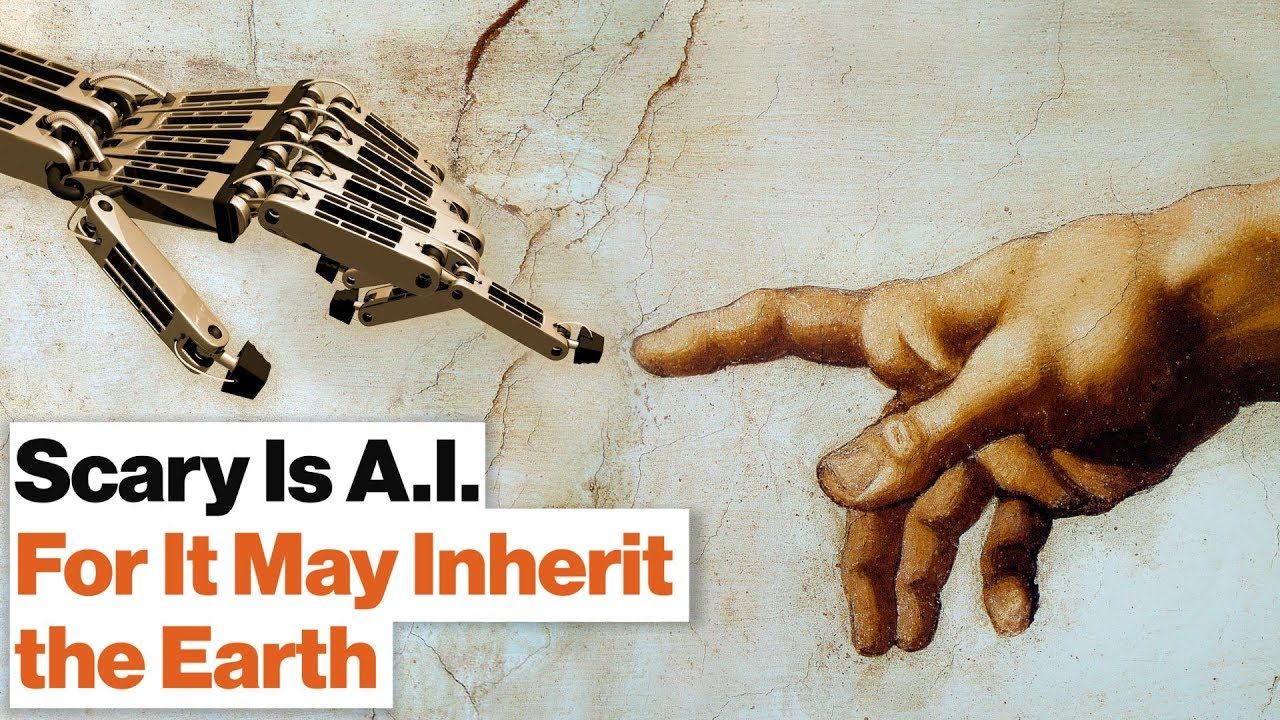
Will A.I. take us over, and one day look back on this time period as the dawn of their civilization? Richard Dawkins posits an interesting idea, or at the very least a premise to a good science-fiction novel…
When we come to artificial intelligence and the possibility of their becoming conscious we reach a profound philosophical difficulty. I am a philosophical naturalist. I am committed to the view that there’s nothing in our brains that violates the laws of physics, there’s nothing that could not in principle be reproduced in technology. It hasn’t been done yet, we’re probably quite a long way away from it, but I see no reason why in the future we shouldn’t reach the point where a human made robot is capable of consciousness and of feeling pain. We can feel pain, why shouldn’t they?
Continue reading “Artificial Intelligence Might Run the World Better Than Humans Do” »
Sep 24, 2017
Creating Human Beings from Skin Cells Is Possible
Posted by Shailesh Prasad in categories: bioengineering, biotech/medical, genetics, government, neuroscience
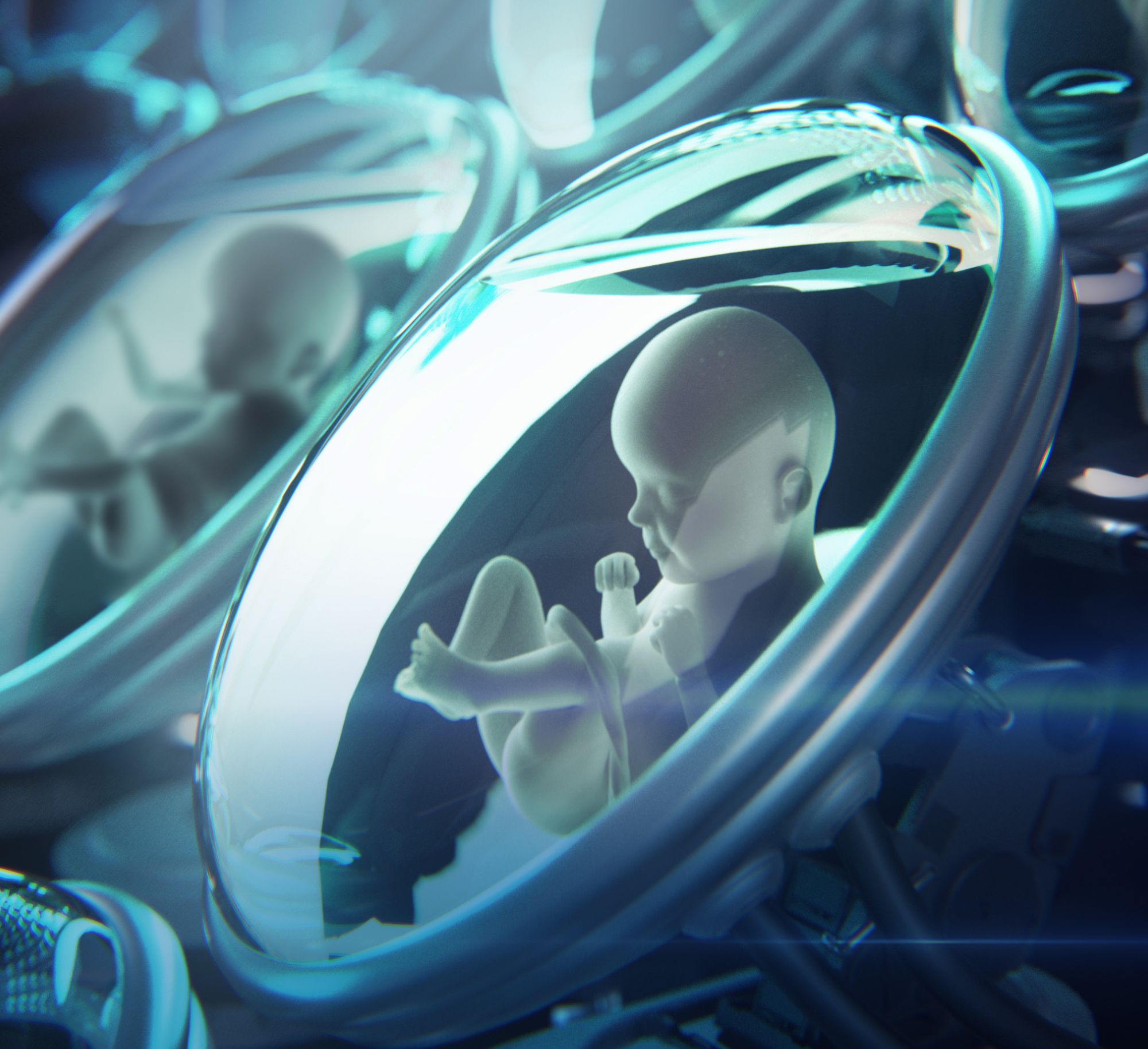
Stem cell research is one of my absolute favorite topics. This amazing field does not only reveal to us how our bodies function and develop, but also holds promising future applications that could help us treat severe diseases, which would not be treated otherwise. However, stem cell research can do more than just treat diseases. In this article, I will highlight the latest scientific breakthroughs to show you how we can turn a simple skin cell into a fully-grown genetically-engineered human being all thanks to the power of stem cells and genetic engineering.
Desperate times call for desperate measures
Continue reading “Creating Human Beings from Skin Cells Is Possible” »
Sep 3, 2017
First paralyzed human regains his upper body movement after being treated with stem cells
Posted by Sean Brazell in categories: biotech/medical, neuroscience
When Kristopher Boesen of Bakersfield regained consciousness after losing control of his car while driving in wet conditions, he was paralyzed from the neck down. The prognosis was grim: he was told that he might never regain control of his limbs again.
But he has. At least some of them. He has movement in his upper body and can use his arms and hands. He can feed himself, text friends and family and even hug them. To him, this means that he has his life back. How did this miracle come about?
Kris was offered the opportunity to participate in a human clinical trial at the University of Southern California and Asterias Biotherapeutics. He is one of five previously paralyzed patients who experienced increased mobility after the trial.
Aug 18, 2017
New Tech Is Giving Humanity Many Potential Paths to Immortality
Posted by Alexander Rodionov in categories: life extension, neuroscience, Ray Kurzweil, singularity
Both Kurzweil and the 2045 program have predicted the state of machine-human singularity being achieved by 2045, but what are the methods of achieving such an end and what are the consequences of doing so?
Herodotus’s Fountain of Youth. Rowling’s Philosopher’s Stone. Barrie’s Neverland. Ovid’s Cumaean Sibyl. The idea of immortality has been ingrained in humanity’s creative consciousness since our humble beginnings. In the present day, eternal youth may soon move out of the realms of myth and into a reality thanks to developing technologies.
Jul 31, 2017
Scientists Have an Experiment to See If the Human Mind Is Bound to the Physical World
Posted by Shailesh Prasad in categories: computing, neuroscience, quantum physics
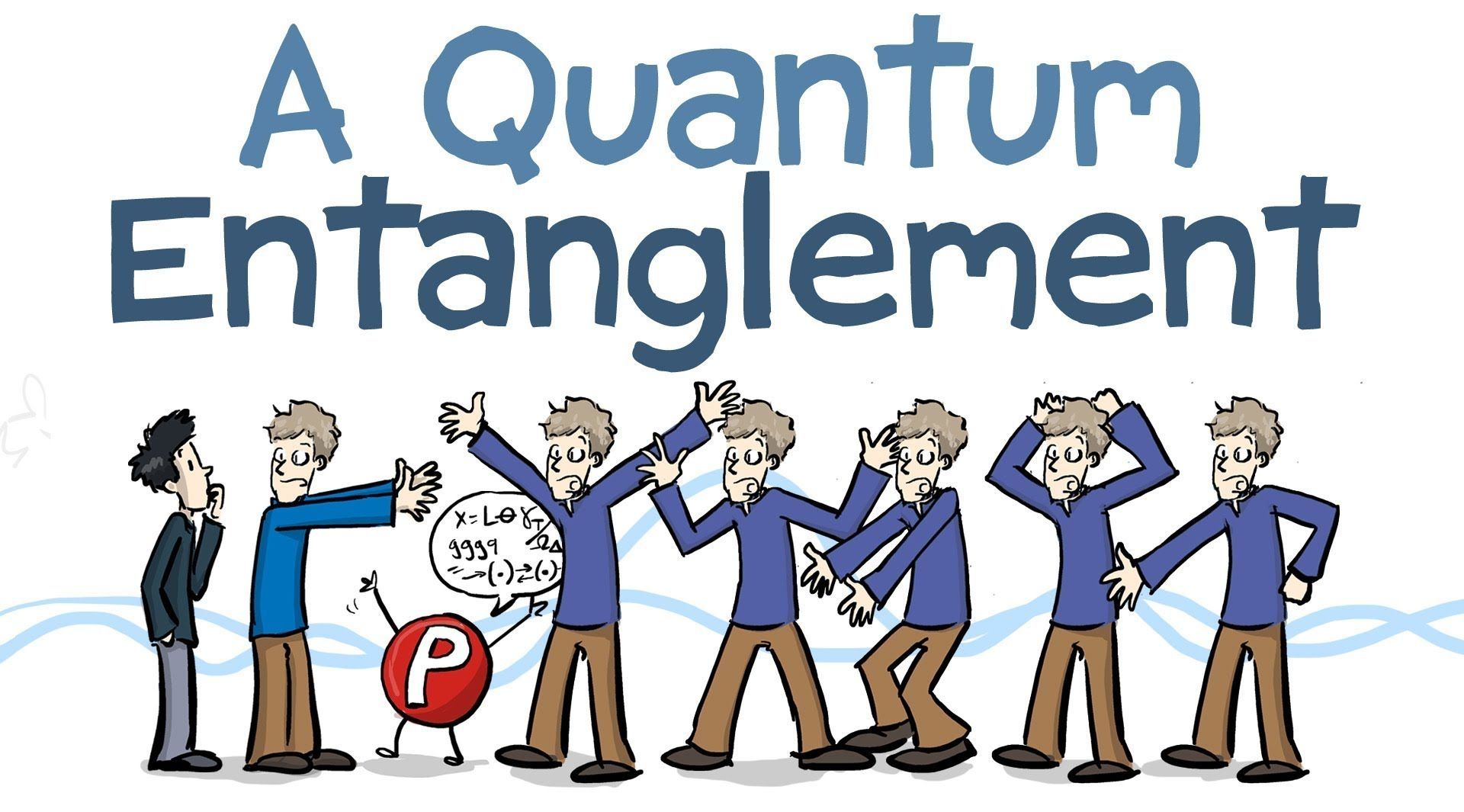
Theoretical physicist Lucien Hardy is pushing wants to push the boundaries of quantum physics by performing a Bell test using humans as links. This could potentially shed light on the existence of human consciousness and just what it is made of.
Perhaps one of the most intriguing and interesting phenomena in quantum physics is what Einstein referred to as a “spooky action at a distance” — also known as quantum entanglement. This quantum effect is behind what makes quantum computers work, as quantum bits (qubits) generally rely on entanglement to process data and information. It’s also the working theory behind the possibility of quantum teleportation.
Jul 26, 2017
Inside Andy Rubin’s Quest to Create an OS for Everything
Posted by Derick Lee in category: robotics/AI
The Android mastermind is on a mission to connect our devices into a single consciousness. Ambitious? Absolutely. Possible? Maybe.
